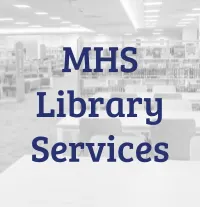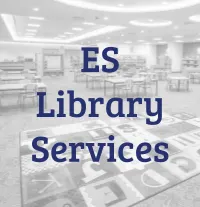Library
Welcome to another wonderful year with the AISJ Library. The library team is looking forward to helping scholars become critical thinkers, enthusiastic readers, skillful researchers, and ethical users of information! Giving all scholars access to library resources at school and at home is one way we hope to improve their opportunity for academic success.
Please take time to discuss the types of books you want your child to be reading while also discussing any topics you do not want your child reading about. They need to know your expectations.
COMMUNITY
The library team is so excited to work with the AISJ scholars and community to foster opportunities for discovery, scholars’ independent choice of reading, and access to information material in a variety of formats. Scholars will be introduced to a variety of information resources that support learning and exploration. The library team aims to build a foundation for lifelong learning through developing information and digital literacy in AISJ scholars while teaching and instilling a love of literature, and reading for information as well as for pleasure.
We look forward to seeing scholars and families in the library!
Hours of Operation
Sunday 7:45 AM – 3:45 PM
Monday 7:45 AM – 3:45 PM
Tuesday 7:45 AM – 2:30 PM (Library Closed for Staff Learning and Development)
Wednesday 7:45 AM – 3:45 PM
Thursday 7:45 AM – 3:45 PM
Library policies for Elementary scholars and parents:
- Elementary school scholars will have biweekly library lessons alternating with biweekly book checkout.
- Elementary scholars are welcome in the LES and UES libraries after school with a parent or adult guardian.
Middle/High scholars are welcome in the MHS library after school for study or reading.
Parent Checkout
Monday 7:45 AM – 8:20 AM and 3:05PM – 3:45PM
Tuesday 7:45 AM – 8:20 AM (Library closed for Staff Learning and Development)
Wednesday 7:45 AM – 8:20 AM and 3:05PM – 3:45PM
Please sign up for a parent account prior to visiting the library.
Resources
Scholars have access to a variety of online information databases, along with 4,000 ebooks, as well as 300 audiobooks, and more than 20,000 print materials with an abundance of new books purchased each year. Please access the library catalog widget on this page to preview our collection.



